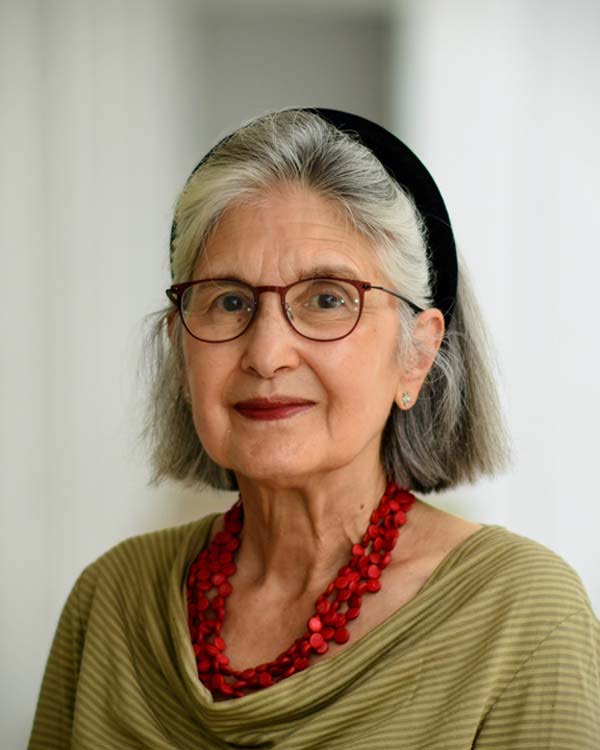Sløk lecture: Natural disasters and the end of blameless evil
by Lorraine Daston, Max Planck Institute for the History of Science, Berlin/University of Chicago
Oplysninger om arrangementet
Tidspunkt
Sted
Aarhus University, Nobelauditoriet (1482-105)

The lecture:
The purely natural disaster, for which no one is to blame, is an Enlightenment category. Previously, there were just disasters (tribulationes, in medieval Latin), of mixed divine, human, and natural causation, and plenty of blame to go around. In the age of anthropogenic climate change, we are fast losing the category of the natural disaster – and with it, the concept of blameless evil. Not so long ago, the legal recognition of catastrophes for which no one was responsible, which were regrettable but beyond human reckoning or control seemed a mark of progress: we had rid ourselves of the yoke of religious portents and chastisements, of reading divine wrath into events that were just part of the course of nature. But now enlightened opinion increasingly wonders whether natural disasters are really all that natural and poses hard questions about human responsibility – and liability. My question is: what happens when we lose the Enlightenment category of natural disaster, and with it, the concept of blameless evil?
About Lorraine Daston:
Lorraine Daston has published on a wide range of topics in the history of science, including the history of probability and statistics, wonders in early modern science, the emergence of the scientific fact, scientific models, objects of scientific inquiry, the moral authority of nature, and the history of scientific objectivity. Recent books include Gegen die Natur (2018; English edition Against Nature, 2019) as well as Science in the Archives (2017) and (with Paul Erikson et al.) How Reason Almost Lost Its Mind: The Strange Career of Cold War Rationality (2014), the latter two both products of MPIWG Working Groups. Her current projects include a history of rules, the meaning of modernity in the history of science, international governance in science since the late nineteenth century, and the relationship between moral and natural orders. She is the recipient of the Pfizer Prize and Sarton Medal of the History of Science Society, the Schelling Prize of the Bavarian Academy of Sciences, the Lichtenberg Medal of the Göttingen Academy of Sciences, the Luhmann Prize of the University of Bielefeld, and honorary doctorates from Princeton University and the Hebrew University. In 2018 she was awarded the Dan David Prize in the History of Science. In addition to directing Department II of the MPIWG, she is a regular Visiting Professor in the Committee on Social Thought at the University of Chicago and Permanent Fellow of the Wissenschaftskolleg zu Berlin.
Practicalities:
The lecture is open for the public. Everyone is welcome and we hope to see many of our students, alumni, employees and friend of the Deparment of Philosophy and History of Ideas. You can read more about previous recipients and motivation of the award here.
The lecture is organised by the Sløk committee consisting of Christian Olaf Christiansen, Rithma K.E. Larsen and Rikke Louise Peters. The lecture will take place on Friday 26. May 2023 at 2.30-16.00 In the Nobel Lecture hall (1482-105), Aarhus University, Jens Chr. Skous Vej 4, DK-8000 Aarhus C. Subsequently, the Department of Philosophy and History of Ideas will host a reception. Everyone is welcome!
Download poster with abstract here.
